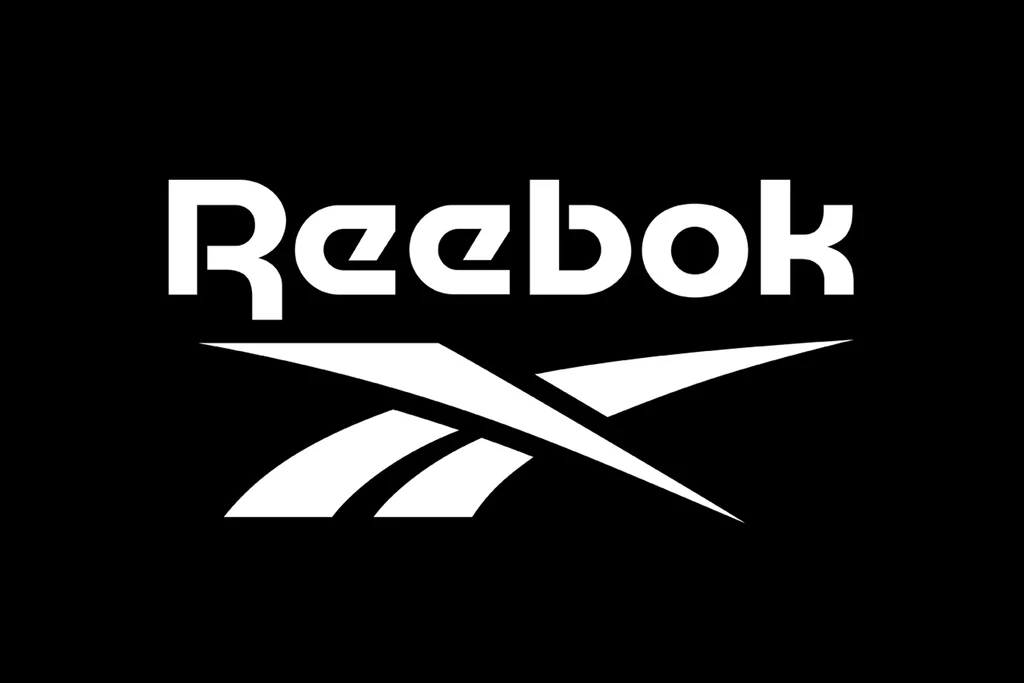Reebok, a name synonymous with athletic footwear and apparel, has a fascinating journey that spans over a century. From its humble origins in a small town in England to becoming a global powerhouse in sportswear, Reebok’s story is one of innovation, resilience, and a relentless commitment to performance. In this blog, we will explore how Reebok went from a small family-run business to a leading global brand.
The Birth of Reebok: A Legacy of Running Shoes
The Reebok story began in 1895 in Bolton, England, when Joseph William Foster, a skilled shoemaker, designed the first pair of running shoes with spikes. Foster’s creation was revolutionary at the time, as it was tailored specifically for athletes and runners, offering a competitive edge with its added grip. His shoes gained popularity among runners, and in 1900, he founded the company J.W. Foster and Sons.
However, it wasn’t until 1958 that the brand officially adopted the name “Reebok.” The name is derived from the Afrikaans word for a type of antelope, symbolizing speed, agility, and grace—traits that the brand wanted to embody. The name “Reebok” was suggested by Joseph Foster’s grandson, who was inspired by a dictionary definition of “Reebok.”
Growth and the Reebok Revolution: The 1980s Boom
Although the brand had a long history, Reebok’s real rise to global prominence occurred in the 1980s, during the fitness and aerobics boom. This was the era when Reebok introduced its now-iconic Reebok Freestyle, the first athletic shoe designed specifically for women. It was a groundbreaking design and quickly became the must-have sneaker, capitalizing on the growing trend of aerobic exercise, which had been popularized by fitness gurus like Jane Fonda.
This innovation, along with strategic partnerships with fitness experts and athletes, helped Reebok carve out a strong position in the market. The Reebok Freestyle was followed by the launch of other successful lines, including the Reebok Pump in 1989—a basketball shoe featuring an innovative self-inflating mechanism to enhance fit and comfort.
Reebok and the Sport of Basketball
One of the key moments in Reebok’s history was its foray into basketball, a sport that was gaining enormous popularity in the 1980s and 1990s. In 1989, Reebok signed a partnership with NBA superstar Shaquille O’Neal, who became one of the faces of the brand. His signature shoe, the Shaq Attaq, was a massive success and helped solidify Reebok’s position as a major player in the basketball footwear industry.
Reebok also created buzz by aligning itself with other sports icons, such as Allen Iverson, whose signature line became iconic in the 2000s. Through these high-profile endorsements, Reebok was able to tap into the mainstream sports culture and establish itself as a brand associated with top-tier athletic performance.
Reebok and Adidas: A New Chapter
In 2005, Reebok’s trajectory took a major turn when it was acquired by the German sportswear giant Adidas for $3.8 billion. This merger allowed Reebok to leverage Adidas’ global reach and extensive resources while retaining its own identity and style. Under Adidas’ ownership, Reebok underwent a series of strategic changes aimed at revitalizing the brand and positioning it for a new generation of consumers.
In the years following the acquisition, Reebok focused heavily on the CrossFit movement, releasing gear and apparel specifically designed for high-intensity interval training (HIIT) and functional fitness. The brand also embraced the growing trend of athleisure, blending athletic performance with everyday style, and releasing lines of sneakers that could be worn both in the gym and on the street.
Reebok’s Reinvention: Embracing Fitness and Wellness
In recent years, Reebok has reinvented itself as a lifestyle brand with a focus on health, wellness, and fitness. Rather than just producing athletic shoes, Reebok has expanded its product offerings to include a wide range of fitness apparel, accessories, and nutrition supplements. The brand has championed various fitness programs and events, partnering with trainers, influencers, and athletes who share its commitment to a healthier lifestyle.
Reebok’s “Be More Human” campaign, launched in 2015, encapsulated the brand’s vision for fitness as a holistic approach, emphasizing not only physical strength but mental resilience and overall well-being. The campaign resonated with consumers who were looking for a brand that aligned with their personal values and commitment to leading an active, healthy life.
A Strong Presence in the Future of Fitness
As of today, Reebok is working to blend performance with lifestyle, making it relevant not just to professional athletes but to everyday fitness enthusiasts. The brand continues to make strides in sustainable fashion, creating eco-friendly shoes and apparel that reflect a commitment to the environment.
Reebok’s recent collaborations with high-fashion brands and designers have further cemented its place in the fashion world. Its ongoing focus on innovation—whether through new sneaker technologies or partnerships with fitness influencers—keeps the brand at the forefront of the athletic and lifestyle markets.
Conclusion: The Enduring Legacy of Reebok
From its origins as a small English shoemaker’s workshop to its current status as a global sportswear leader, Reebok’s journey is one of constant evolution. The brand’s ability to stay ahead of trends, adapt to changing consumer demands, and innovate within the sports and fitness industries has allowed it to maintain relevance across generations.
As Reebok continues to focus on wellness, performance, and sustainability, it remains a brand synonymous with empowerment, athleticism, and, above all, a commitment to helping people achieve their full potential—both on and off the field. Whether you’re an elite athlete or someone just starting on their fitness journey, Reebok’s history reminds us that it’s not just about the shoes we wear; it’s about the life we choose to lead.
